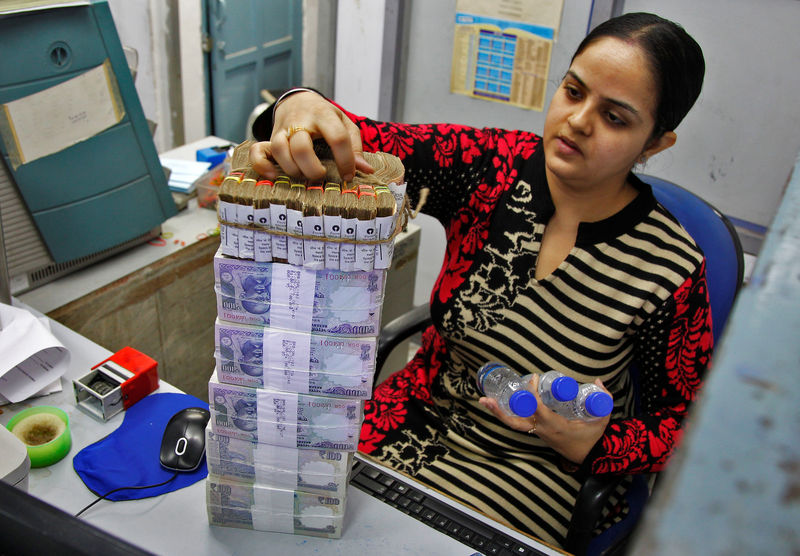TPI Composites files for Chapter 11 bankruptcy, plans delisting from Nasdaq
Financial analysts at Jefferies indicated that the Indian rupee is not expected to suffer a substantial impact from the reciprocal trade tariffs proposed by U.S. President Donald Trump, Reuters reported.
Last week, Trump announced intentions to impose tariffs on countries that currently have tariffs on U.S. goods or non-tariff barriers affecting U.S. market access.
This move could affect Indian exports, particularly petrochemicals and pharmaceuticals, which represent a significant portion of the country’s exports to the U.S.
Despite potential challenges to Asia’s third-largest economy, which has been experiencing slow growth, Jefferies’ head of global foreign exchange believes the tariffs will not lead to a significant revaluation of the rupee.
The statement comes amid concerns that India’s high tariff rates might prompt the U.S. to enforce reciprocal tariffs. However, the process of implementing these tariffs is expected to be gradual, involving negotiations and possible countermeasures over several quarters.
India, which was the 10th largest exporter to the U.S. in 2024, has a weighted average tariff rate approximately 8.2 percentage points higher than U.S. tariffs on Indian imports.
Despite this, the countries have initiated talks for an early trade agreement, with India committing to increase purchases of U.S. oil, gas, and military equipment and to collaborate in combating illegal immigration.
The rupee has been one of the weakest performing currencies in Asia in 2025, hitting a record low of 87.95 in February. Jefferies forecasts a continued gradual weakening of the currency, with expectations of it reaching 88 by mid-2025 and 89 by the year’s end.
This outlook is based on current economic conditions and trade dynamics, without factoring in any significant devaluation due to the proposed U.S. tariffs.
This article was generated with the support of AI and reviewed by an editor. For more information see our T&C.
